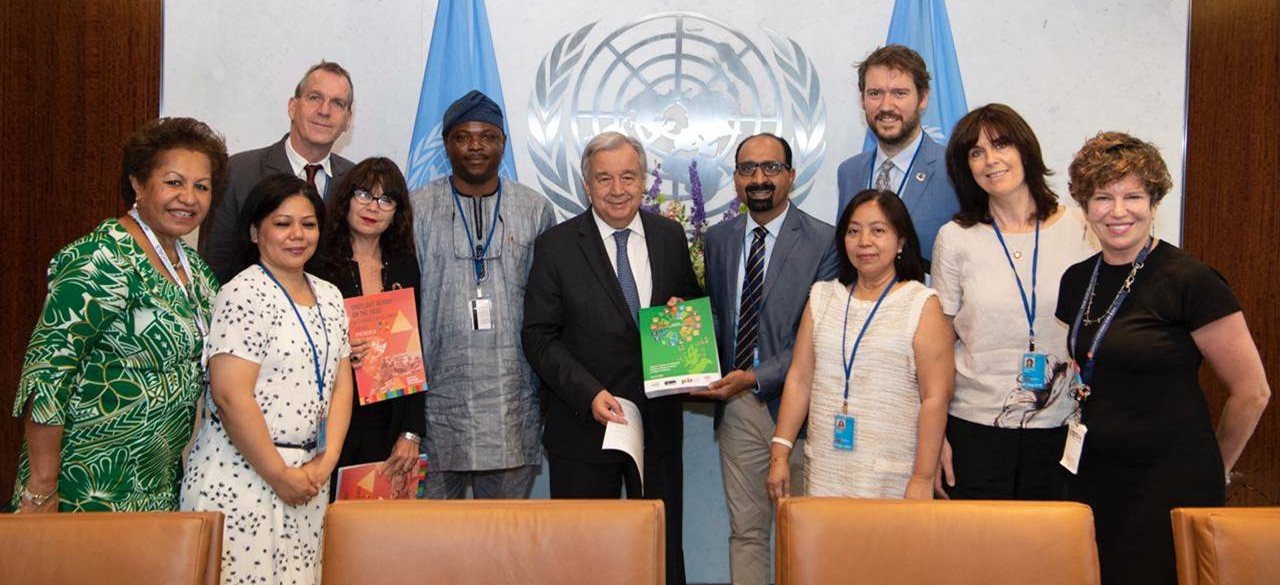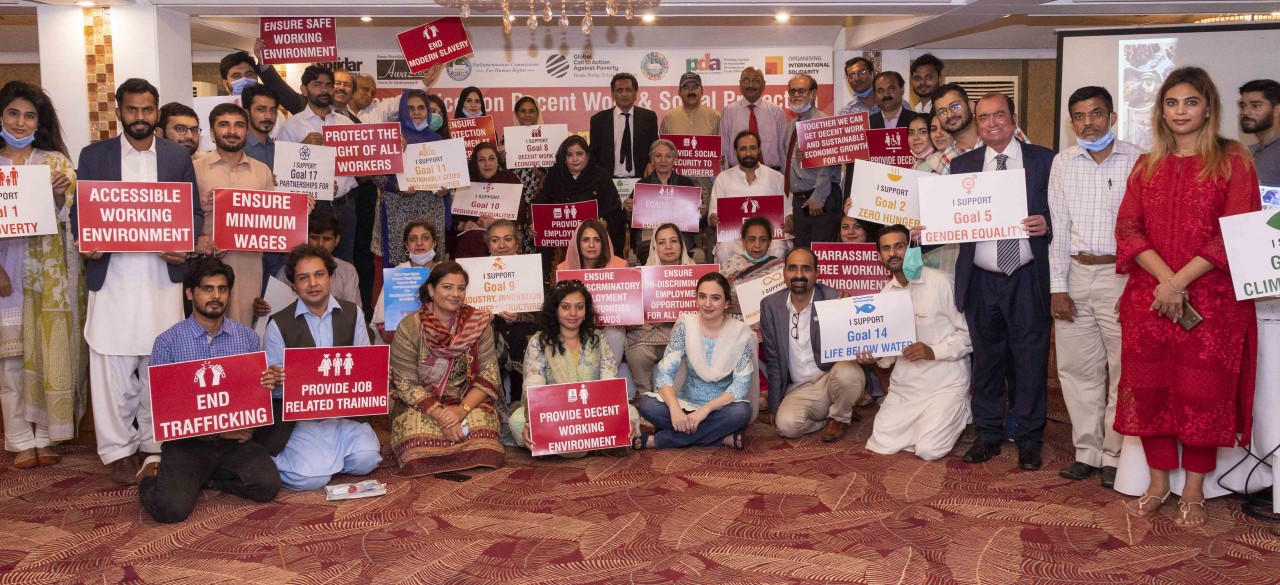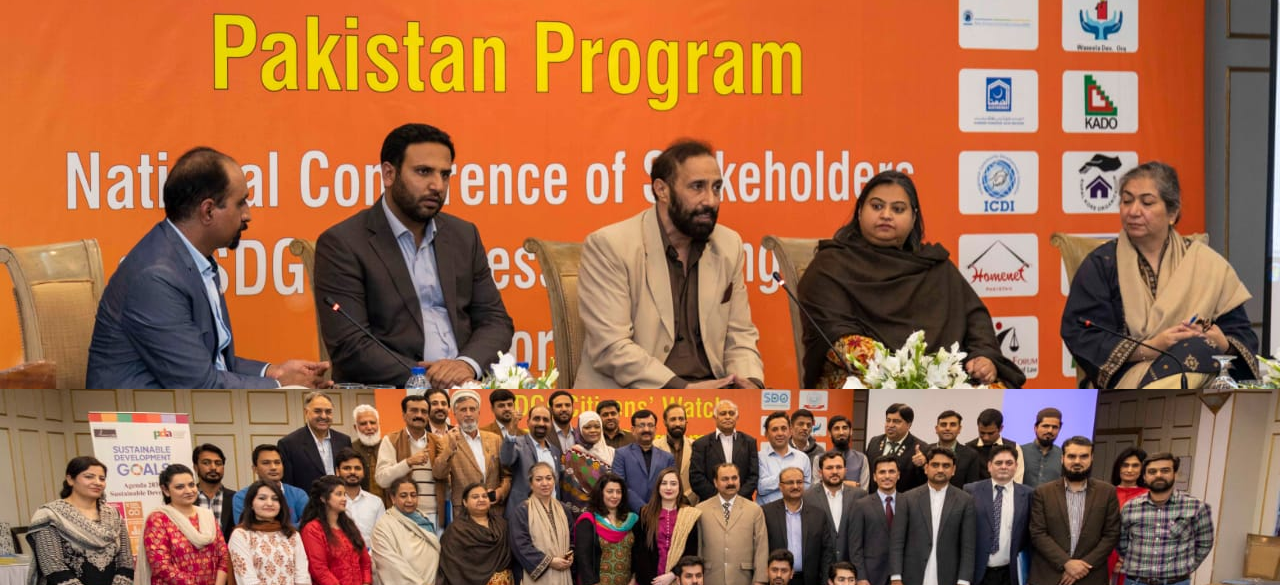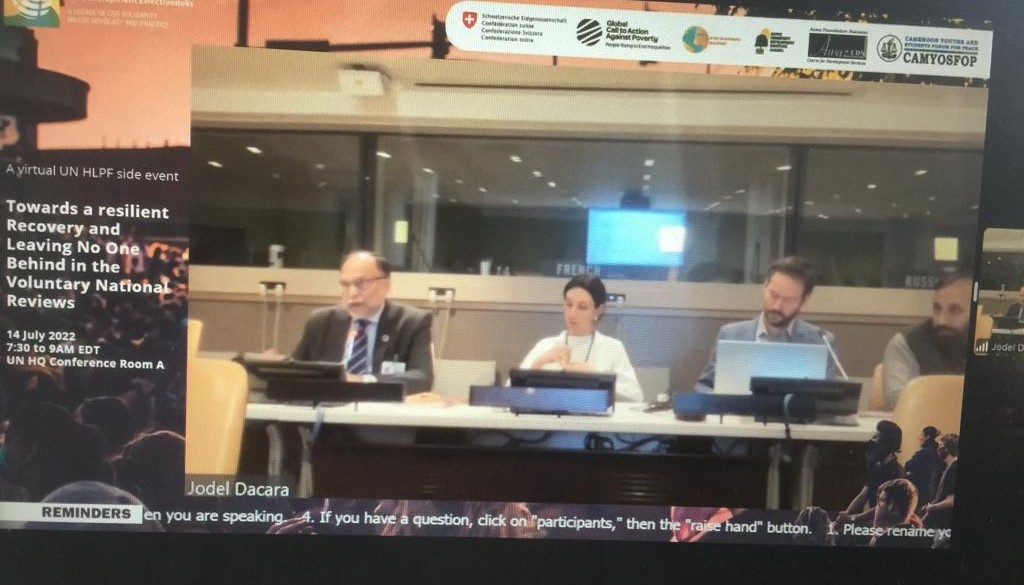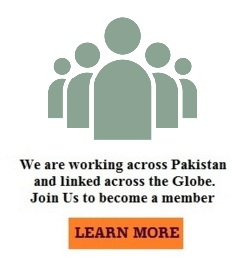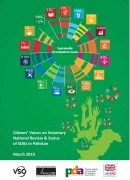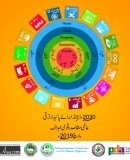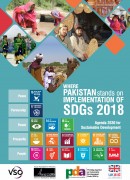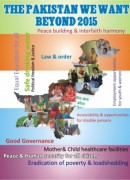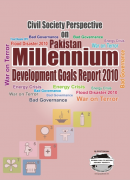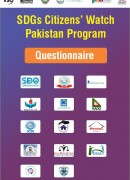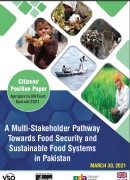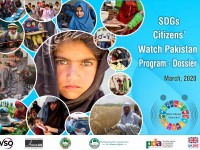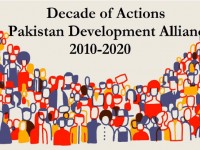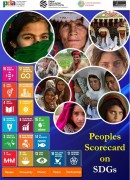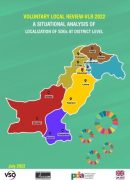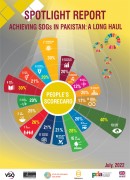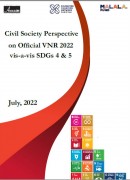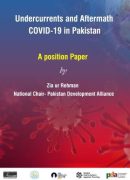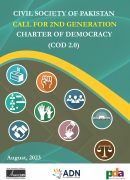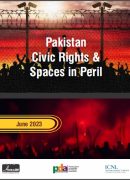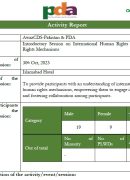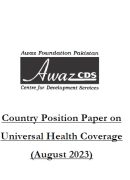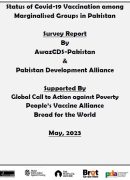Introduction and Background
Pakistan Development Alliance (PDA) has carved out its own distinct identity in the development sector in Pakistan. PDA grows out of developmental and rights-based programs and campaigns run by various NGOs and networks on governance, accountability, civil & political rights, gender equality achieving MDGs targets, setting up post 2015 development agendas, reducing inequalities and holding governments, private sector to account for achieving sustainable development goals-SDGs. The campaigns like Stand Up and Take Action (SUTA), Keep Your Promises on Sanitation and MDGs (KYPS), Leave No One Behind (LNOB), From Policy to Action- Beyond 2015, Action 2015 and the post 2015 consultative processes in Pakistan were facilitated by PDA as National Secretariat of GCAP in Pakistan since 2008. The following are the major factual contributors in making of PDA.
- The development sector across the globe in general and specifically in Pakistan has been facing challenges like financial recessions, shrinking spaces for civil society, new state regulations & controlling mechanisms, rising violence extremism and terrorism.
- The civil society in the country was fragmented and there was no common platform of developmental NGOs after the disassembling of Pakistan NGO Forum since long.
- The Pakistan is among few those countries that have been facing regular disasters like earthquakes, floods and droughts for the last two decades. Therefore its challenges are unique in nature.
- Pakistan is among those countries, which are lagging far behind in achieving SDGs targets and other commitments made under UDHR, CEDAW, CRC, CRPD, ICCPR and compliance of the subsequent Universal Periodic Reviews (UPRs).
- Like almost all the global and regional campaigns, civil society alliances, and networks including Pakistan Development Alliance have passed through restructuring phases after the adoption of Agenda 2030 for Sustainable Development by the United Nation’s General Assembly in September 2015.






